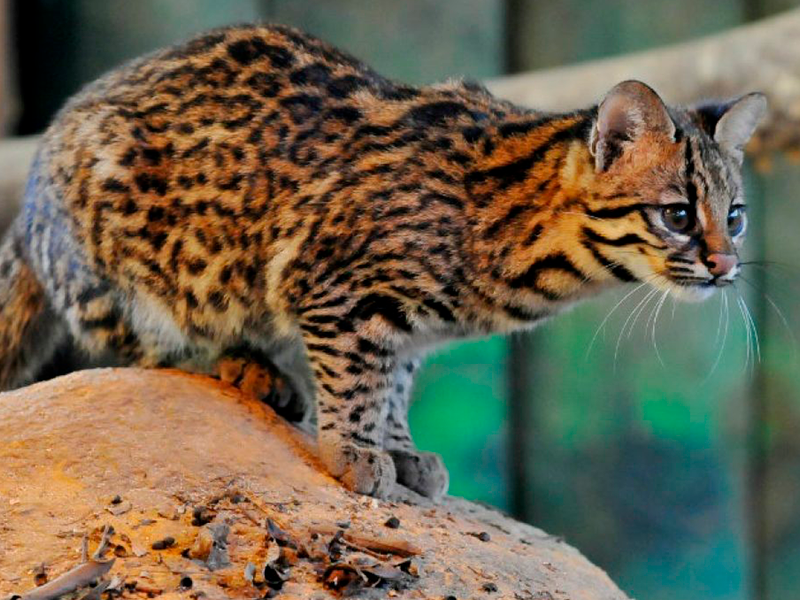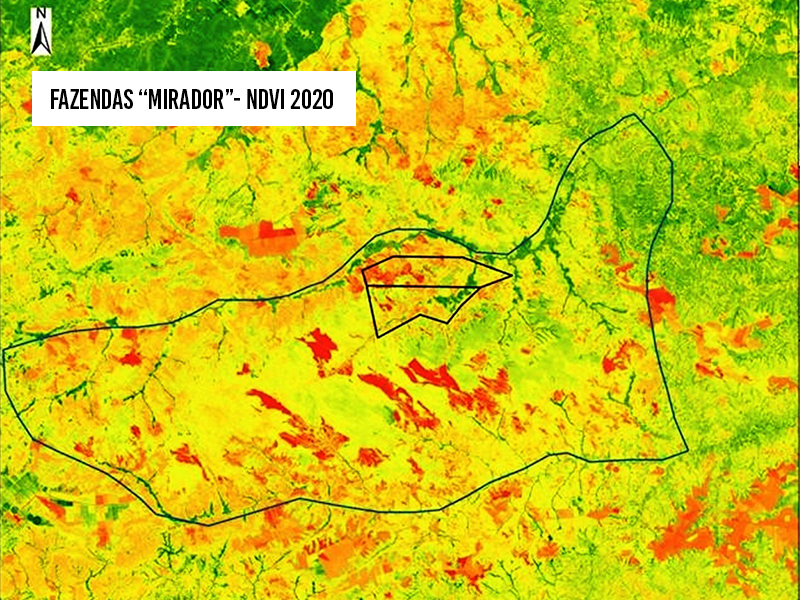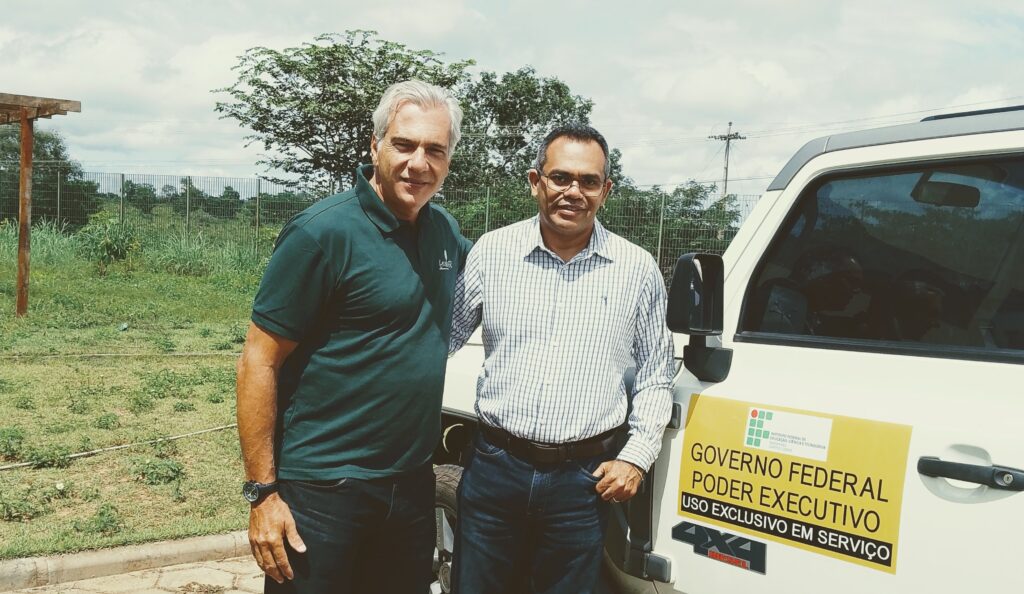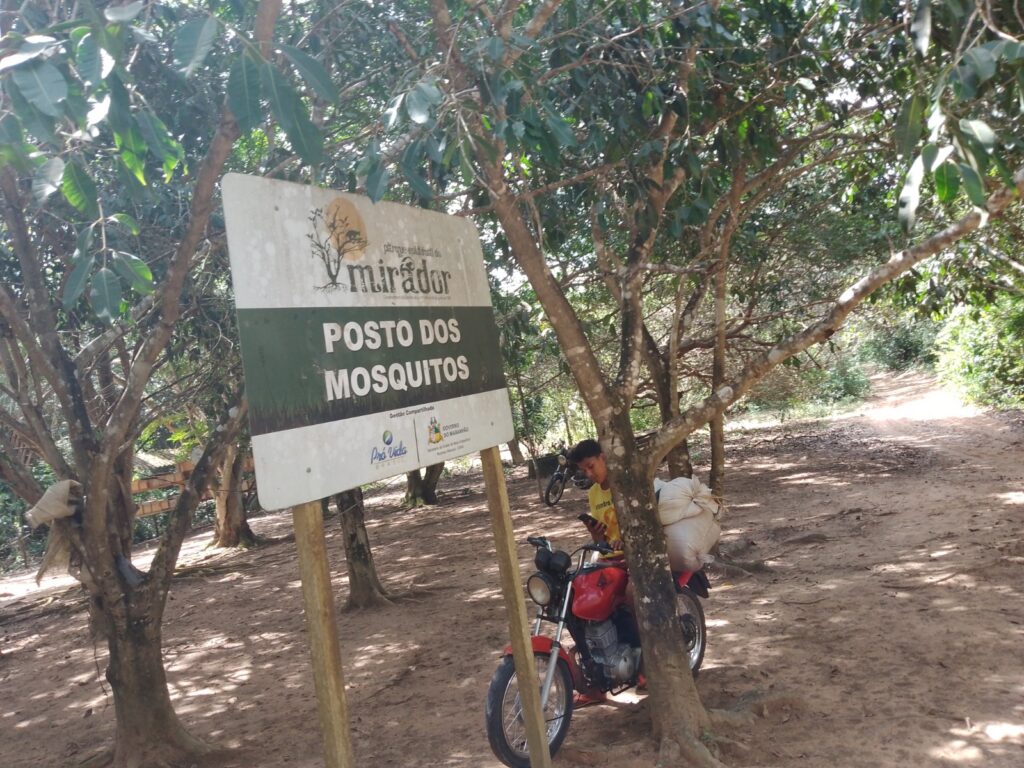
Listed on the VCS Program platform in December 2022 with the status of “under development” .
In November 2023 signed a contract with Bureau Veritas (VVB) and upgraded status to “under registration”.
The GreenBR Savanna Mirador REDD+ Project is a single AFOLU project implemented in the 50.287 hectares that integrate avoided unplanned deforestation (AUD) methodology and avoided forested lands conversion, biodiversity preservation and water resource availability (REDD+ methodology) on private properties located in the Brazilian Cerrado Biome.
The GreenBR Savanna Mirador REDD+ main goal it is to create positive economic incentives to landowners for the savanna and forest Amazonian-Cerrado conservation, maintain the habitat of tiger cat Leopardus Tigrinus, the “pintadinho”, preserve the watershed of Alpercatas and Itapecuru rivers, through income generation from carbon credits commercialization.
According to national law 12.651, the Brazilian forest code, landowners must conserve 80% of the forest cover and 35% of the Cerrado areas on properties located in the Legal Amazon. In this way, the areas with forest cover exceeding this percentage can be legally converted to other land uses for commercial activities such as cattle raising or agricultural projects, with the authorization of the responsible environmental agency in each state. The partnership between GreenBR and landowners will result in legal protection to forests, forest monitoring by satellite images, forest biomass inventory using forest permanent parcels, property surveillance, wildfire monitoring, prevention and firefighting activities, threatened species protection and social engagement activities with traditional communities living inside the project area. GreenBR will be responsible for the development and implementation of the project activities.

The difficulties faced by traditional communities located in Mirador -Maranhão trigger a series of economic, social and environmental challenges. The economic problems are specially focused on lack of income of the families who live in poverty. On its turn, the social problems are related to the lack of expectation of social ascension of the families, the children’s malnutrition, the youth’s involvement with drugs and so on. When it comes to environmental aspects, problems are damage to the involvement like arsons, because of the lack of knowledge of sustainable techniques for agricultural production, animal illegal trading, among others.


Therefore, through the development partnership with Federal Institute of Maranhão (IFMA) actions will be take to provide help to the economical independence of those families in regards to the food and nutritional safety, through the implementation of basic food production modules to 150 families, namely: fish farming, poultry farming, composting, worm farming, vegetable production (corn, pumpkin, beans, cassava, sweet potato, yams and various vegetables), aiming at the production, management and organization of the family unit for the integrated and sustainable production for subsistence and the commercialization of production surpluses, in order to meet the demand of the communities. In March 2023, the first executive meeting took place at the IFMA’s Campus in Colinas, with a visit to the project area and initial contact with families. The 150 families served by the project live in the communities of Angico, Aranha, Bacuizeiro, Bacurizinho, Craúna, Porto and Tustada.

